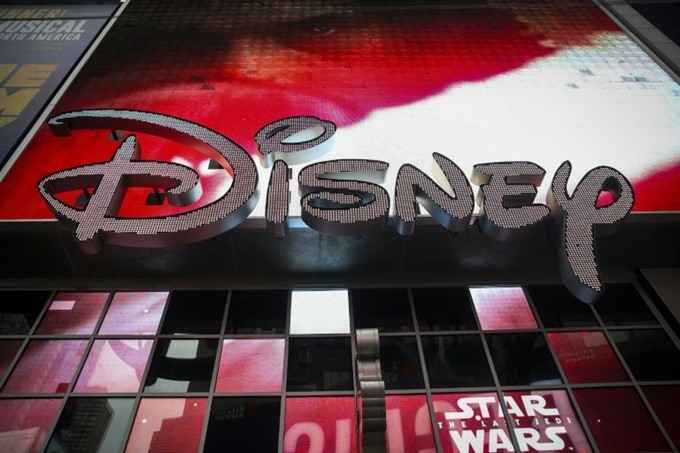 Life & Style
Life & Style

Disney posted its second best year at the box office ever, raking in US$7.325 billion worldwide for everything from Black Panther and Avengers: Infinity War to hit animated sequel Incredibles 2 and the latest Star Wars film.
 |
| Disney had its second-best year ever at the global box office in 2018. — AFP Photo |
LOS ANGELES — Disney posted its second best year at the box office ever, raking in US$7.325 billion worldwide for everything from Black Panther and Avengers: Infinity War to hit animated sequel Incredibles 2 and the latest Star Wars film.
Disney remains the only studio to ever post more than $7 billion in annual box office receipts. In 2016, it recorded its best year at $7.6 billion.
"Thanks to the support of fans of Disney, Pixar, Marvel Studios, and Lucasfilm around the world, it’s been a monumental year for The Walt Disney Studios," chairman Alan Horn said in a statement.
In North America, Disney made nearly $3.1 billion, a new industry record, thanks to the runaway success of Black Panther, Avengers: Infinity War and Incredibles 2 – now all among the top 10 highest grossing films of all time.
Each one earned more than $600 million in the United States and Canada.
Cumulatively, those three films alone made $4.64 billion worldwide.
Other successes on the Disney slate include Marvel superhero flick Ant-Man and The Wasp, Solo: A Star Wars Story and Mary Poppins Returns -- which has already made more than $200 million around the world and is still in theaters.
In 2019, Disney has another massive year ahead on the silver screen, with Captain Marvel and Avengers: Endgame leading the Marvel charge in the spring, and Frozen 2 due at year’s end, along with Star Wars: Episode IX.
New versions of animated classics Dumbo, Aladdin and The Lion King are yet to come, as is Pixar’s Toy Story 4. — AFP




